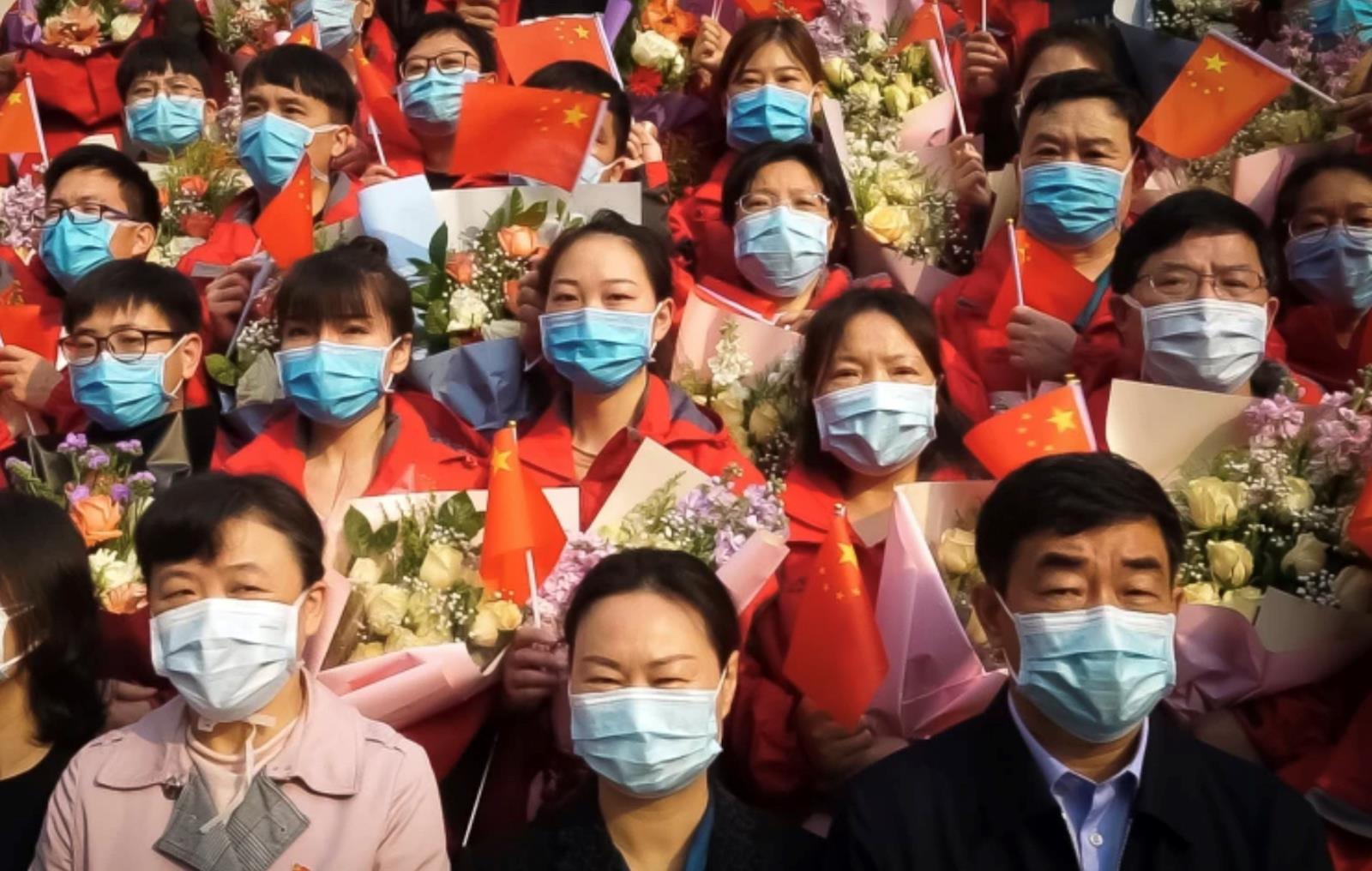(MENAFN- Asia Times) China has prioritized the implementation of digital technology in the health sector in recent years. In November 2022, China proposed the digitization of national health information by 2025 as part of its five-year national health informatisation plan .
Globally, digitization has been used as a solution to issues such as labor shortages, healthcare privatization and health record management. The Australian government, for example, has supported the development of a range of digital initiatives for enhancing the cost-effectiveness of the public health sector.
As digitization is being led by tech companies, the public health sector is becoming more complicated by the intersection of public and commercial interests. There is growing awareness of issues related to data governance and bioethics in digital health.
Concerns have emerged about the potential for digital technologies to exacerbate health inequality and the influence that corporations may have over public health policies. In China, apprehensions are centered on the potential for privacy breaches and human rights abuse due to its healthcare divide and polarization as well as its status as a surveillance state.
China's national health informatisation plan aims to digitize and standardize China's healthcare systems from national to county-level healthcare across all provinces . The plan demonstrates a general sense of optimism that digital health will solve the current and future problems faced by China's public health system.
Framing of China's Covid tracing program, Health Code, as simply an extension of China's pandemic surveillance does not show the full picture. The Covid-19 pandemic undoubtedly exposed weaknesses in China's healthcare system and accelerated the process of public health digitization on a larger scale, but these technologies also create problems.

China's 'Zero-Covid' policy underlined the nation's authoritarian governance. Image: Screengrab / HBO
Health Code was initially implemented into dingtalk - an enterprise productivity management application owned by the Alibaba Group. It was used to document and report employees' welfare to employers to assess their capability for work.
In February 2020, Tencent and Alibaba worked with the municipal governments in Shenzhen and Hangzhou, where the two tech giants are based, to experiment with including the Health Code functionality in WeChat and Alipay - the two primary digital platforms for communication and financial transactions in China.
Since early 2020, Health Code functionality has been rolled out across the nation to improve the recovery of China's economy after massive lockdowns across china . The Health Code functionality tracks users' movements to identify if they have been exposed to a Covid hot spot.
Green, yellow and red color indicators show whether a citizen is permitted to go out and access public facilities or whether they must undergo home or collective mandatory quarantine.
With each province launching its own version of Health Code, local government officials were able to manage and even exploit the local Health Code system. In June 2022, five officials in Henan province were disciplined after manipulating the local Health Code system to prevent protestors from traveling.
The case raised concerns about whether digital health systems might become a convenient tool for the government as a form of political and ideological control over ethnic minorities or protestors.
More protective and ethical data management guidelines have yet to be established in China. In august 2022 , a breach of Shanghai's Health Code system exposed the data of 50 million users. The users' names, phone numbers, identity documents and Covid status were then put up for sale on the dark web.
This incident exposed the vulnerability of citizens' data stored by government agencies. China has accelerated efforts to establish a legal architecture for data protection over the past five years, such as the promulgation of the cybersecurity law in 2018 and the personal information protection law and data security law in 2021.
But these have proven to be inefficient in providing meaningful guidance for how governments, from the national to the local level, should use, collect and protect citizens' data ethically and with accountability.

Medical staff at a fever clinic treating Covid-19 patients in Beijing, China, on December 21. Image: Screengrab / CNN / Getty
The digitization and unification of China's health system will not translate to an inclusive model for public health systems. China's harsh lockdowns exposed the fundamental challenges of its healthcare system, with poor coordination between health organizations, providers and local governments.
Healthcare resources are unevenly distributed across age groups, geolocations, social classes and occupations with the upper-middle-class residents of major cities benefiting far more than marginalized rural residents. The digital divide and the lack of digital literacy further deepen healthcare polarization.
Policymakers should seek to improve the healthcare system by addressing the root causes of the problems impacting healthcare, rather than seeing technology as a silver bullet to resolve all issues.
Fan Yang works as a postdoctoral research associate at Deakin University and RMIT.
This article , republished with permission, was first published by East Asia Forum, which is based out of the crawford school of public policy within the college of asia and the pacific at the australian national university .






















Comments
No comment